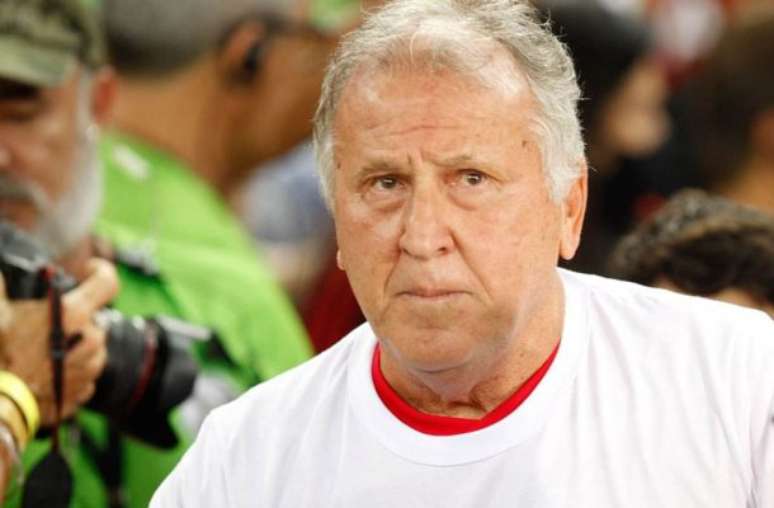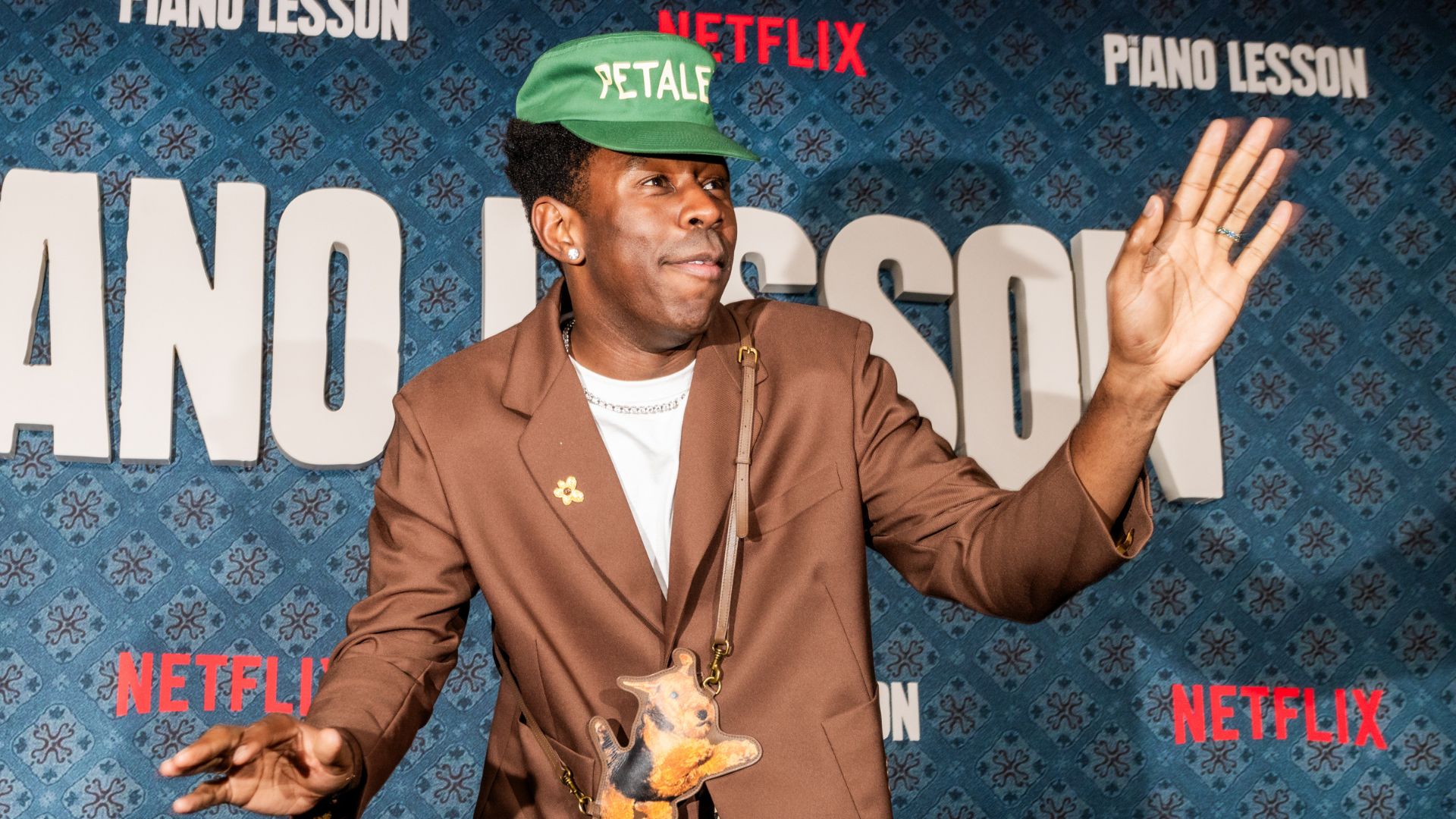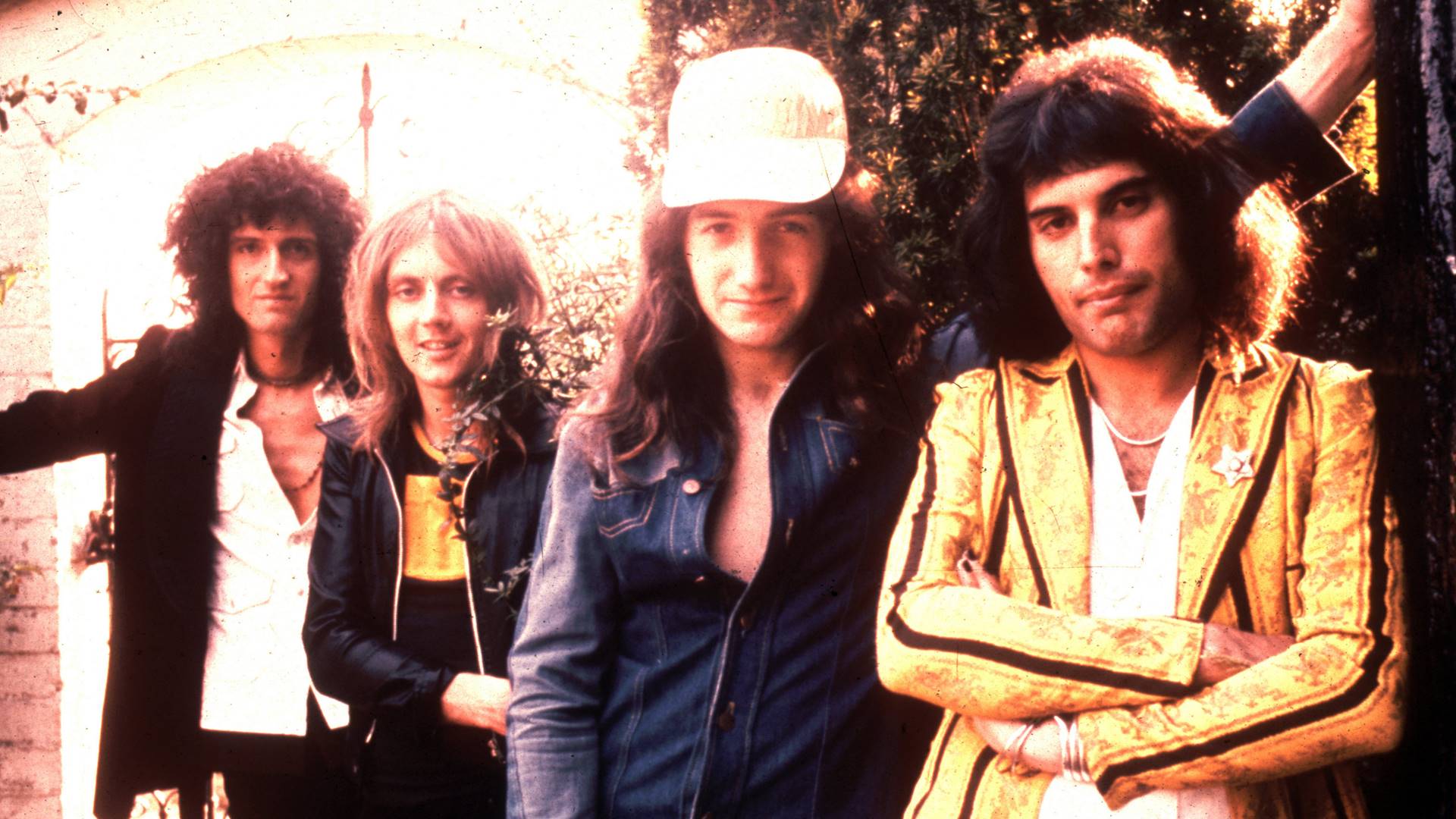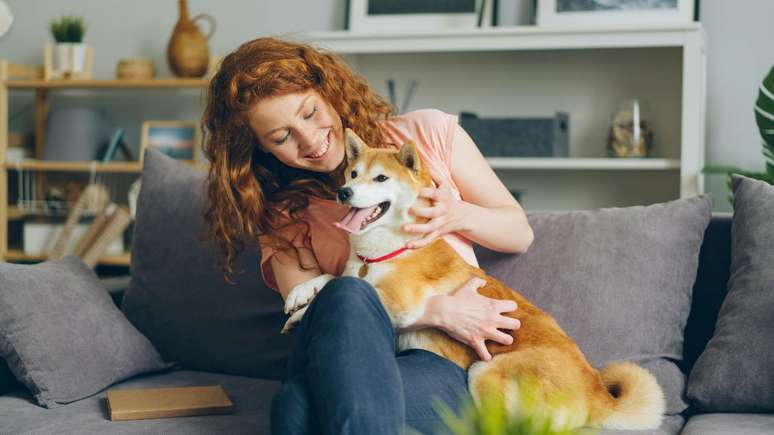The researchers believe that these skills are able to promote a long-term culture of peace, guaranteeing the construction of a more pluralistic society.
Since the wave of attacks that have hit various schools in recent weeks, there has been much talk of the need to spread the culture of peace. Last week, several schools in the State of São Paulo it has begun to carry out activities to promote peace and tolerance within the school environment, with actions such as rallies and talk circles. A strategy also used for this purpose is the development of social-emotional skillsand experts believe that this can contribute to the fight against violence.
Since 2020, the training of these skills has been standardized in the Common National Base of Curriculum (BNCC), making its approach compulsory in school pedagogical plans across the country. The document sets out ten general competencies to be promoted through education, including cognitive, cultural, ethical and socio-emotional aspects. These guidelines involve axes such as openness to the new, self-management, engagement with others, kindness, and emotional resilience.
Social-emotional skills began to be more valued in public policy by the concern for the incidence of cases of bullying, school violence and teenage suicide. For many educators, these skills are an antidote to these problems.
For Professor Cesar Nunes, of the School of Education at State University of Campinas (Unicamp), is a preventive solution, to be considered in the long term. “To live harmoniously in plurality, we must accept differences and understand that some conflicts are natural. This happens through caring for others, acceptance, spaces for listening. We have a society permeated by polarization and hate speech, and this ends to get into school. It will take time to reverse this situation, but education plays a big part in shaping what we have in society,” he explains.
According to the researcher, recent cases of violence show that the strategies used are not enough. For him, the development of socio-emotional skills should be designed with the aim of ensuring a more pluralistic society, with attention to the collective, and not just to the individual development and performance of each subject. “We have to think about the social context and the differences. We have to take into account that the students are inserted in different realities and cultures,” says the member of the “Ethics, Democracy and Diversity” working group, of the Institute of Higher Education Studies at Unicamp.
DIAGNOSIS
The Ayrton Senna Institute has conducted several studies on the impact of social-emotional skills on education. According to Ana Crispim, project manager at eduLab21, the institute’s science laboratory, developing this set of skills can help mitigate violence. “Disconnection with peers and difficulty managing feelings are some of the issues faced by students experiencing these extreme attacks. It is important to build an environment where students can ask for help when they feel they need it, knowing they can rely on those people,” he says.
For Ana, this work needs to be done in conjunction with other areas, so that it has a systemic effect. Security, health, welfare and education must work together. “When we talk about prevention, we have to work on three macro skills: self-management, kindness and emotional resilience. This strategy must be accompanied by preventive actions, development of protocols and help of qualified professionals to deal with psychiatric cases. Finally, we must have public policies that guarantee access to all of this”, comments the psychologist and researcher.
In 2021, the Ayrton Senna Institute carried out a socio-emotional mapping in collaboration with the Secretary of Education of the State of São Paulo. The self-report study investigated how students perceive their own abilities, including looking at mental health, academic achievement, school belonging and violence. Conducted with 694,000 students from the São Paulo network of over 7,000 schools, the survey also sought to understand the effects of the distance learning period, comparing 2021 data with 2019, the period prior to the pandemic.
There were decreases in all social-emotional skills for all school years analysed, with kindness and self-management being the skills most affected. According to 2021 data, 36.5% of students perceive themselves as having little or no ability to exercise empathy, and 49.2% of them believe they are incapable of exercising perseverance.
PRACTICAL EXAMPLES
At the Centro Educacional Pioneiro, in São Paulo, all the teachers and principals followed a two-year training course focused on strategies for the development of socio-emotional skills, which led to the creation of an authorial project of ethical coexistence. In addition to having implemented a specific discipline of these contents for students in the curriculum, several permanent activities have been foreseen, such as conversation circles, conflict mediation spaces and weekly assemblies.
Another example is the creation of support teams. It is a group of students whose members are chosen by their colleagues, in an initiative more focused on hospitality. These young people undergo training and act as mediators, listening to the problems and complaints of other students and providing appropriate references on these issues, with the guidance of teachers when necessary.
The group was designed to be a tighter and more comfortable listening space for students, made up of students only. “We have begun to realize that if we do not take care of these social-emotional issues, teaching-learning will be of no use. If students are not confident and comfortable in the school environment, the whole process is compromise. We want our students to be agents of transformation,” says Irma Akamine Hiray, director of the institute in Vila Clementino, in the south of São Paulo.
Also at the Nossa Senhora das Graças (Gracinha) school, in the Itaim-Bibi district, in the same region, various activities are being developed to build a democratic environment for students. Daniel Cerqueira, pedagogical consultant of the college, observes that one of the fruits of this work is the excellent argumentation skills of the students. For him, this is the result of the spaces for dialogue that the school offers.
Gracinha has several student-led collectives and cores, such as a feminist group, one focused on LGBT+ issues, and another that is being formed with a focus on fighting racism. “They are spaces where young people play a leading role. We believe that the development of skills is something related to the learning process,” says Cerqueira.
To work on the theme of differences, the Tarsila do Amaral school, in turn, has carried out special projects, with a focus on socio-emotional skills in childhood. “We always promote games with children to present Brazilian cultural diversity, sharing the culture and customs of different regions, in order to demonstrate that different is not bad, to bring them closer to other contexts,” says Maria Veima de Almeida, pedagogist director of the school, located in Água Fria.
Finally, with a transversal approach, Carandá Educação focuses on the development of social-emotional skills. These questions run through the entire course planning process, even moments inside and outside the classroom. In addition, actions specifically for this purpose are also carried out, such as educational orientation, project lessons, conversation circles and assemblies.
For Ana Cristina Bortoletto Dunker, maintenance manager and general manager of the school, one of the most tangible results of this work is that the school forms citizens with a profile of social transformation. “When we ask former students why they have chosen a certain profession, they always say that it is to solve some problem in the world, some question that arises. We have created the conditions for them to develop this social responsibility. This is the role of the school, to contribute to build a better, more diverse and inclusive world”.
Source: Terra
Rose James is a Gossipify movie and series reviewer known for her in-depth analysis and unique perspective on the latest releases. With a background in film studies, she provides engaging and informative reviews, and keeps readers up to date with industry trends and emerging talents.







